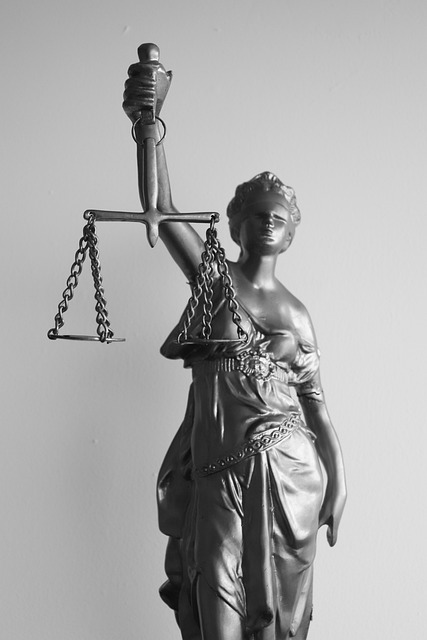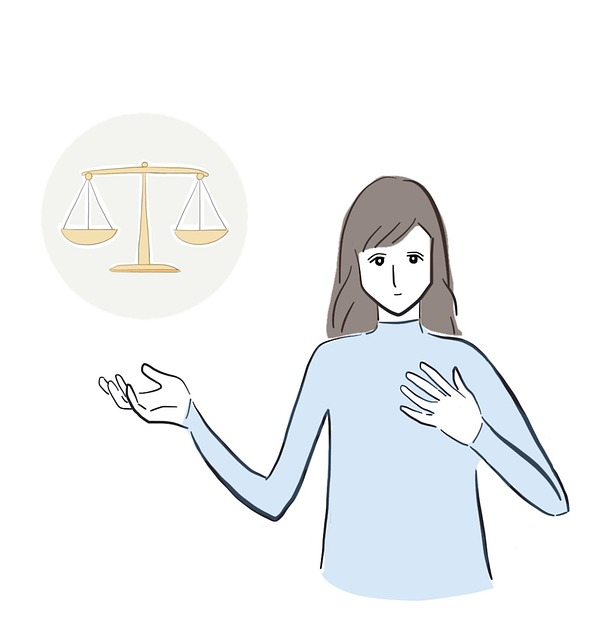Understanding and adhering to labor laws, particularly the Fair Credit Reporting Act (FCRA), is crucial for employers conducting background checks. These laws vary across jurisdictions but aim to ensure fairness, accuracy, and confidentiality in consumer reporting, while also prohibiting discrimination based on protected characteristics. Compliance with FCRA and other privacy laws like GDPR and CCPA is essential to avoid penalties, protect individuals' data, foster trust, and maintain ethical hiring practices. A deep understanding of these legal aspects and structured compliance procedures are vital for navigating the complex web of background check regulations.
“Unraveling the intricate relationship between labor laws and background checks is essential for employers navigating today’s regulatory landscape. This comprehensive guide delves into the critical components shaping the legal framework surrounding background investigations. From understanding fundamental labor laws to exploring FCRA (Fair Credit Reporting Act) compliance and privacy considerations, each section illuminates key aspects of effective background check practices. By adhering to these legal requirements, organizations ensure fairness, protect privacy, and maintain a robust hiring process.”
- Understanding Labor Laws: The Framework for Background Checks
- Legal Aspects of Background Check Processes
- Compliance with FCRA (Fair Credit Reporting Act) and Its Implications
- Privacy Laws: Protecting Individuals During Background Screening
- Key Requirements for Conducting Thorough Background Checks
- Navigating the Legal Landscape for Effective Background Check Implementation
Understanding Labor Laws: The Framework for Background Checks

Understanding labor laws is paramount when discussing the framework for background checks as these regulations set the standards for how employers can conduct and utilize such checks during hiring processes. The legal aspects of background checks vary significantly across jurisdictions, with each country and state enacting its own sets of rules and guidelines. These laws encompass a range of factors, from the types of information that can be accessed to the procedures for obtaining and verifying data. Compliance in background checks is crucial not only for upholding privacy laws but also for ensuring fair employment practices.
The Fair Credit Reporting Act (FCRA) is a significant piece of legislation that governs background check processes in many regions. It outlines the legal requirements of checks, including the need for pre-employment screening to be done with fairness and accuracy. Employers must adhere to strict protocols when conducting these checks, ensuring that they do not discriminate against candidates based on protected characteristics while also balancing their interest in creating a safe work environment. Privacy laws related to background checks further emphasize the importance of confidentiality and data protection during every step of the process.
Legal Aspects of Background Check Processes

The legal aspects of background check processes are intricate and multifaceted, governed by a web of federal and state-level legislation. In the United States, for instance, the Fair Credit Reporting Act (FCRA) stands as a cornerstone, dictating how consumer reporting agencies, including those conducting background checks, must operate. The FCRA ensures that these checks are conducted with fairness, accuracy, and privacy in mind, imposing stringent rules on the collection, use, and dissemination of personal information.
Compliance with these background check laws is paramount for employers and organizations to avoid legal repercussions and maintain ethical standards. Beyond the FCRA, various privacy laws, such as the General Data Protection Regulation (GDPR) in Europe or the California Consumer Privacy Act (CCPA) in the U.S., further encapsulate the legal requirements of background checks. These regulations safeguard individuals’ personal data, mandating transparent practices and strict consent mechanisms for data collection, handling, and storage during the background check process.
Compliance with FCRA (Fair Credit Reporting Act) and Its Implications

Compliance with the Fair Credit Reporting Act (FCRA) is a pivotal aspect of the legal landscape surrounding background checks. This federal law sets stringent guidelines for consumer reporting agencies, including those conducting background screenings. It mandates that such agencies ensure the accuracy and fairness of the information they collect and report, as well as protect the privacy of individuals’ data. Non-compliance can result in significant penalties, underscoring the critical importance of adhering to FCRA regulations.
The implications extend beyond financial consequences; compliance with FCRA also ensures that background checks are conducted ethically and responsibly. This is particularly relevant given the sensitive nature of personal information disclosed during such checks. By respecting privacy laws and implementing robust data protection measures, organizations not only mitigate legal risks but also build trust among job applicants and other individuals undergoing these screenings.
Privacy Laws: Protecting Individuals During Background Screening

When conducting background checks, it’s paramount to understand and adhere to the various privacy laws that safeguard individuals’ personal information. These legal aspects of background screening are designed to ensure compliance in the process, balancing the need for employers and organizations to protect themselves with the right of individuals to privacy. The Fair Credit Reporting Act (FCRA) is a cornerstone of this framework, setting guidelines for how background check information can be obtained, used, and disclosed.
Employers must navigate these legal requirements carefully to avoid potential legal repercussions. Non-compliance with FCRA and other background check laws can result in significant penalties and damage to an organization’s reputation. By prioritizing privacy laws during background checks, companies demonstrate their commitment to ethical practices, fostering trust among employees and candidates alike.
Key Requirements for Conducting Thorough Background Checks

Conducting thorough background checks is a multifaceted process that must adhere to a complex web of legal aspects and compliance standards. At their core, these checks serve as a critical tool for mitigating risk and ensuring organizational safety. They involve verifying an individual’s identity, employment history, education, and criminal record, among other factors. Organizations must familiarize themselves with relevant background check laws and privacy regulations like the Fair Credit Reporting Act (FCRA), which governs how consumer reports, including criminal records, can be obtained, used, and disclosed.
Compliance in background checks necessitates a structured approach that includes obtaining written consent from individuals, providing them with accurate information about the process and its purpose, and ensuring confidentiality throughout. Employers should implement robust policies and procedures to ensure legal requirements of checks are met, protecting both the organization and the individuals being screened while maintaining adherence to evolving privacy laws related to background checks.
Navigating the Legal Landscape for Effective Background Check Implementation

Navigating the complex web of labor laws is an essential step in implementing effective background check procedures. The legal aspects of background checks vary significantly across jurisdictions, making it crucial for organizations to understand and comply with local regulations. Failure to adhere to these requirements can result in severe consequences, including financial penalties and damage to reputation.
The Fair Credit Reporting Act (FCRA) is a prominent piece of legislation that governs the use of consumer reports, including background checks. Organizations must ensure they obtain proper authorization, verify the accuracy of information, and respect individual privacy rights when conducting these checks. Additionally, state-specific laws often impose further restrictions on the types of data that can be accessed and how it may be utilized. Compliance in background checks demands a thorough understanding of FCRA and other relevant privacy laws to avoid legal pitfalls and ensure fair practices.
